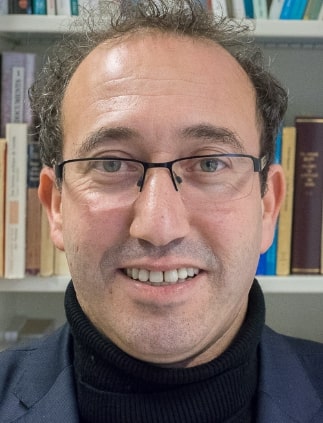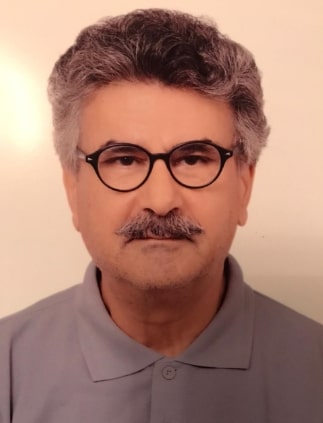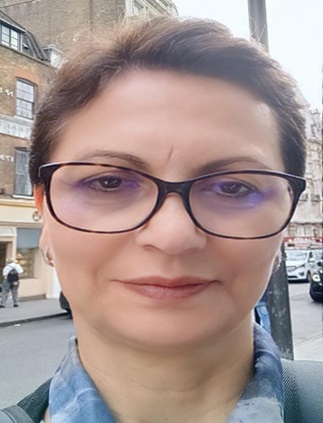What is MECAM?
The Merian Centre for Advanced Studies in the Maghreb (MECAM) is a research centre for interdisciplinary research and academic exchange based in Tunis. MECAM promotes the internationalization of research in the humanities and social sciences across the Mediterranean. Under its guiding theme “Imagining Futures –Dealing with Disparity”, MECAM aims to discuss the (re)negotiation of complex social and political conditions and expectations, norms and legacies in the wake of the “Arab Spring” in the Maghreb, the Middle East, Europe and beyond. The necessary backdrop to these processes are the disparities and inequalities that divide the Maghreb and its neighbouring regions – both historically and nowadays. The centre invites scholars at different stages of their career. Fellows work within five Interdisciplinary Fellow Groups (IFGs) along MECAM’s thematic research clusters. Furthermore, MECAM organizes various events, such as seminars, lectures, public debates and traveling academies that connect researchers and discuss research outcomes. MECAM is a joint initiative of seven German and Tunisian universities and research institutions and is funded by the German Federal Ministry of Research, Technology and Space (BMFTR).
.

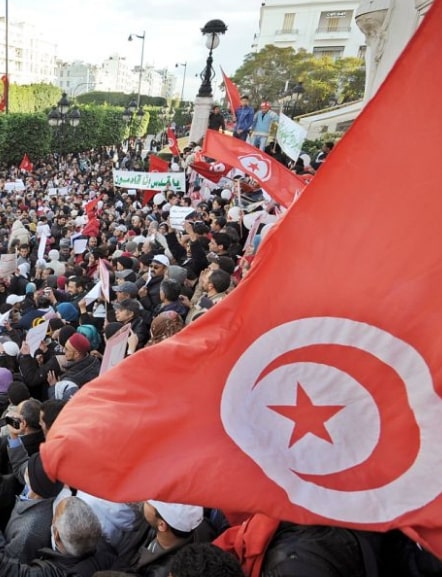
Key Objectives
The major objective of MECAM is “Imagining Futures – Dealing with Disparity.” MECAM studies the complex processes of the negotiations of future social models in the present-day Maghreb societies, more specifically processes sparked by the “Arab Spring”. It addresses the diverse, and sometimes competing, cultural, social, political, and economic stakes in relation to the future of the Maghreb. In order to do so, it focuses on the different actors operating at different levels in society. In addition, it examines the respective contexts of time and space that define the initially disparate conditions of future models. The mentioned disparities exist both within the Maghreb region and also between the Maghreb and its geographic neighbors. MECAM is committed to promoting young researchers. The Centre involves doctoral and post-doctoral students in interdisciplinary fellowship programs, which contribute to increase the diversity of perspectives and approaches to research.
Partners
Apart from Marburg University, MECAM consortium partners in Germany also include Universität Leipzig, German Institute for Global and Area Studies (GIGA) in Hamburg, and Forum Transregionale Studien in Berlin. In addition to Université de Tunis, regional partners include Université de Sfax and Institut Tunisien des Études Stratégiques (ITES) as well as other partners from Morocco and Lebanon. Find out more
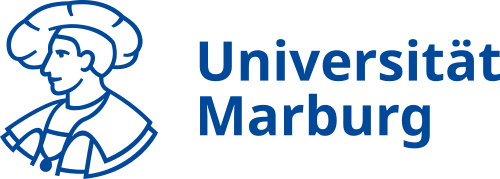

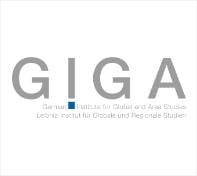
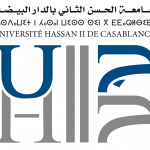
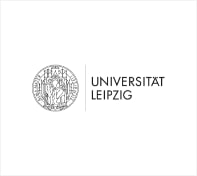
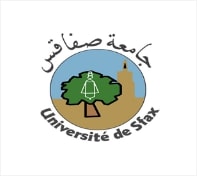
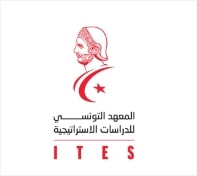
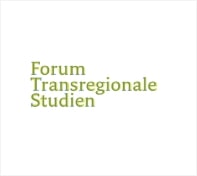
Käte Hamburger Kollegs
List of KHK Käte Hamburger Kollegs institutes which, like the Merian Centres, are part of the same programme as the Merian Centres funded by the BMFTR, and are therefore MECAM partner institutions. Find out more
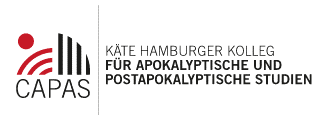




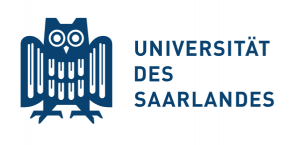
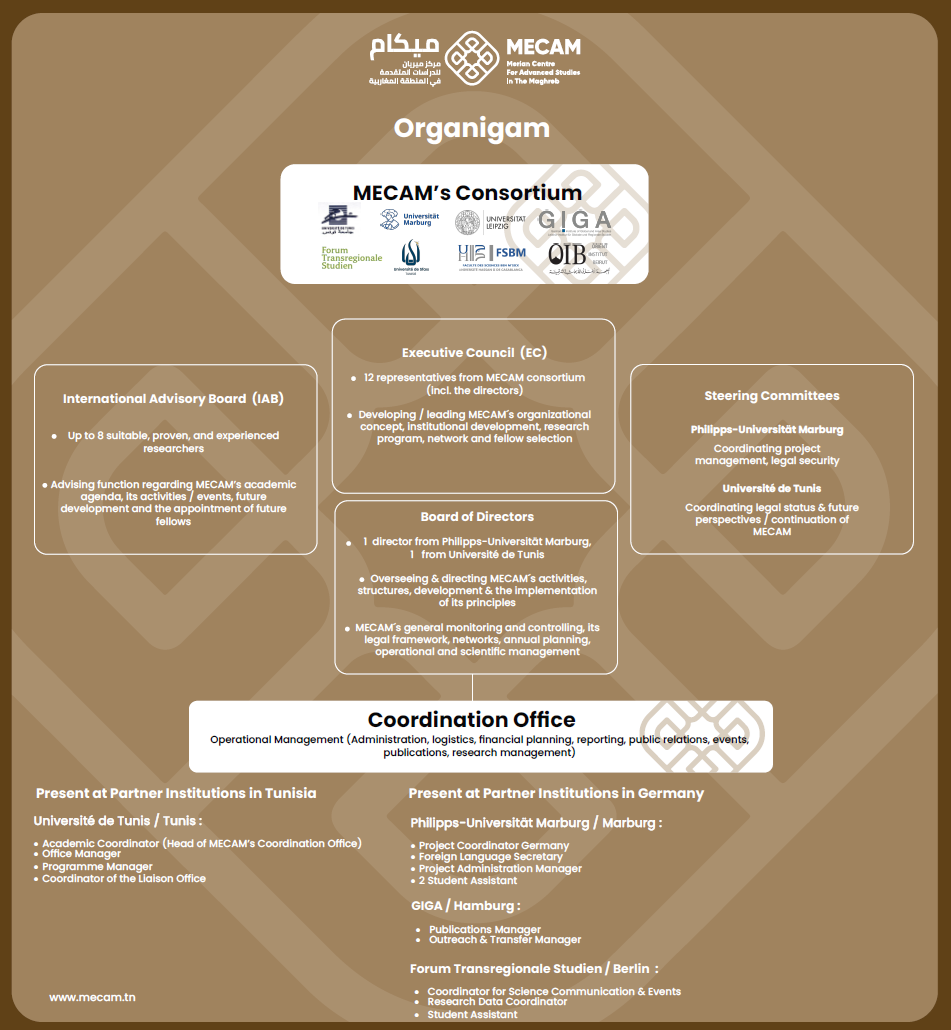
Structure and Organization
MECAM is led by two directors, Amel Guizani, on the Tunisian side, and Julius Dihstelhoff, on the German one. They are supported by MECAM’s main partners, Marburg University and Université de Tunis. The two directors, Julius Dihstelhoff and Amel Guizani, are voting members of the Executive Board and hold MECAM’s primary and final authority. They play an active role between the Executive Board and the Coordination Office in Tunis. In addition, Julius Dihstelhoff and Amel Guizani’s main tasks include the development, monitoring and supervision of MECAM’s event organization, infrastructure and management. Besides, they oversee MECAM’s networking and academic activities.
Directors
Main phase
International Advisory Board
Dr. Isabelle Werenfels (Research Fellow, Stiftung Wissenschaft und Politik (SWP), Berlin/Germany)
Prof. Dr. Karima Dirèche (Professor of Contemporary History, CNRS, Aix-en-Provence/France)
Prof. Dr. Farah Zaiem (Université de la Manouba, Tunis/Tunisie)
Prof. Dr. Merouan Mekouar ( York University)
Prof. Dr. Imed Melliti (Université de Tunis El Manar/Tunisie)
Dr. Amal Obeidi (Associate Professor of Comparative Politics, Department of Political Science, Faculty of Economics, University of Benghazi/Libya)
Prof. Dr. Fatma Oussedik (Professor of Sociology andAnthropology, University of Algiers, Algeria)
Prof. Dr. Franziska Dübgen (Professor of philosophy with a focus on political philosophy and philosophy of law, Philosophy Department, University of Münster/Germany)
Executive Council
Director: Dr. Amel Guizani (Université de Tunis)
Prof. Dr. Rachid Ouaissa (Philipps-Universität Marburg)
Prof. Dr. Faouzi Zarai (Université de Tunis)
Prof. Dr. Mohamed Faker Klibi (Université de Tunis)
Prof. Dr. Fadma Aït Mous (Université Hassan II de Casablanca, Representative of the secondary site in Morocco)
Dr. André Bank (GIGA Hamburg, GIGA Institute for Middle East Studies)
Prof. Dr. Faiez Gargouri (Université de Sfax)
Prof. Dr. Friederike Pannewick (Philipps-Universität Marburg)
Georges Khalil (Forum Transregionale Studien, Berlin)
Dr. Sonja Ganseforth (Research Associate, Economic Geography and Labour Market Research, Institute for Geography)
Prof. Dr. Nessim Znaien (Postcolonial und colonial Studies/ Maghreb, The Philipps-Universität Marburg, Institute of History)
Prof. Dr. Jens Hanssen (Director, Orient-Institut Beirut (OIB))
Preliminary phase
International Advisory Board
Prof. Dr. Raja Ben Slama (Director of the National Library of Tunisia, Université de la Manouba, Tunis/Tunisia)
Prof. Dr. Karima Dirèche (Professor of Contemporary History, CNRS, Aix-en-Provence/France)
Prof. Dr. Farid El Asri (Associate Professor of Anthropology of Religion, Department of Political Science, International University of Rabat/Morocco)
Prof. Dr. Zeina Halabi (Associate Professor of Arabic Literature, American University of Beirut/Lebanon)
Prof. Dr. Imed Melliti (Professor of Sociology, Department of Sociology, Institut supérieur des sciences humaines de Tunis/Tunisia)
Prof. Dr. Christoph Menke (Professor of Applied Philosophy, Johann Wolfgang Goethe-Universität, Frankfurt/Germany)
Prof. Dr. Emma Murphy (Professor of Political Economy, School of Government and International Affairs, Durham University/Great Britain)
Dr. Isabelle Werenfels (Research Fellow, Stiftung Wissenschaft und Politik (SWP), Berlin/Germany)
Executive Council
Director: Prof. Dr. Khaled Kchir (Université de Tunis)
Prof. Dr. Rachid Ouaissa (Philipps-Universität Marburg)
Prof. Dr. Fadma Aït Mous (Université Hassan II de Casablanca, Representative of the secondary site in Morocco)
Dr. André Bank (GIGA Hamburg, GIGA Institute for Middle East Studies)
Prof. Dr. Faiez Gargouri (Université de Sfax)
Prof. Dr. Friederike Pannewick (Philipps-Universität Marburg)
Georges Khalil (Forum Transregionale Studien, Berlin)
Prof. Dr. Anika Oettler (Philipps-Universität Marburg)
Prof. Dr. Jörg Gertel (Universität Leipzig)
Prof. Dr. Mohamed Ali Ben Zina (Université de Tunis)
Prof. Dr. Anissa Ben Hassinel (Université de Tunis)



